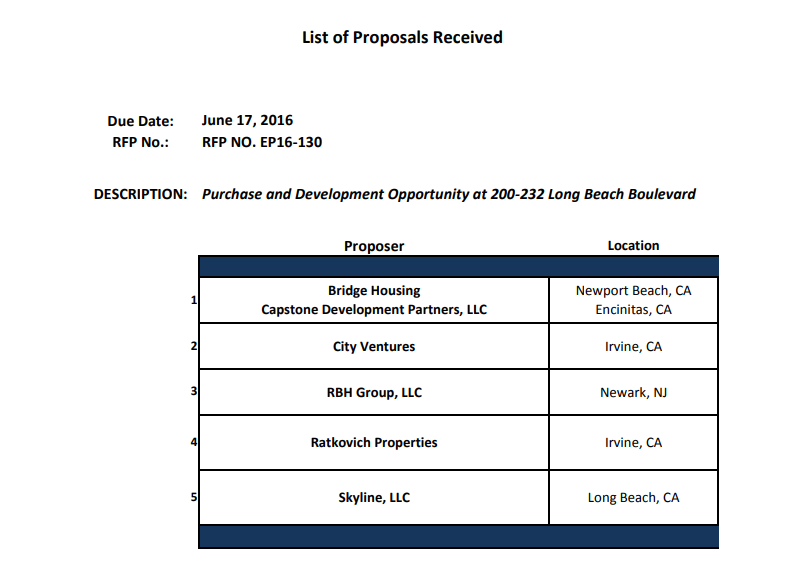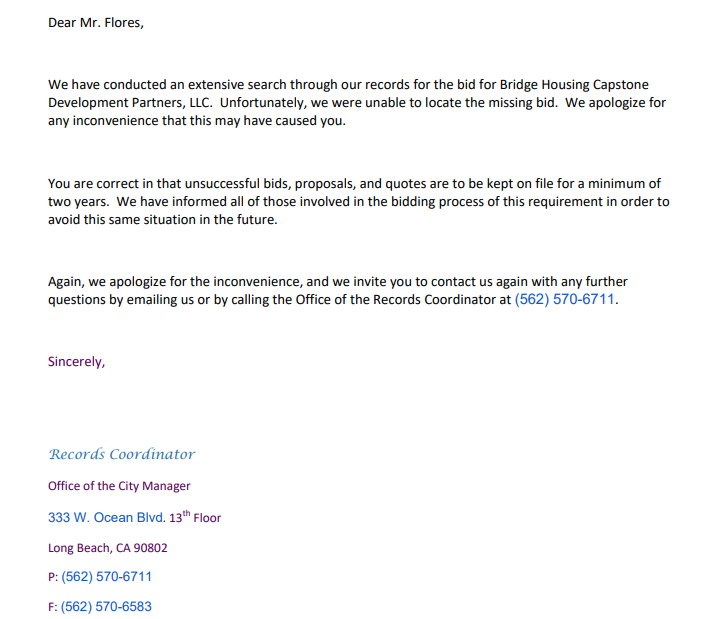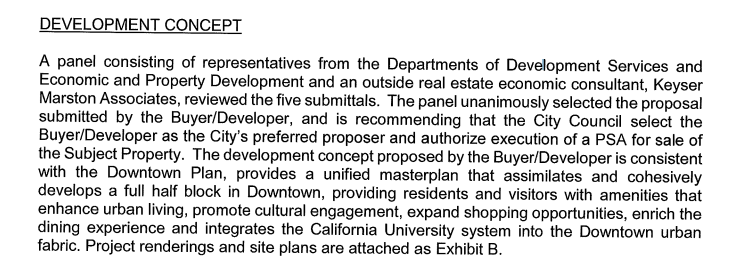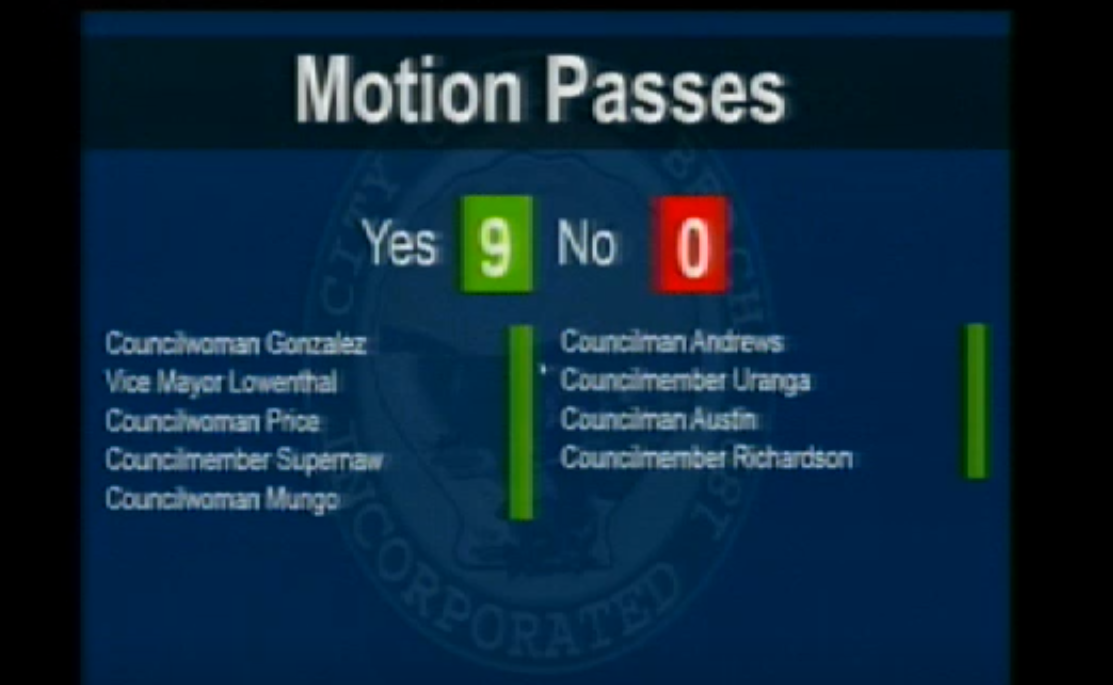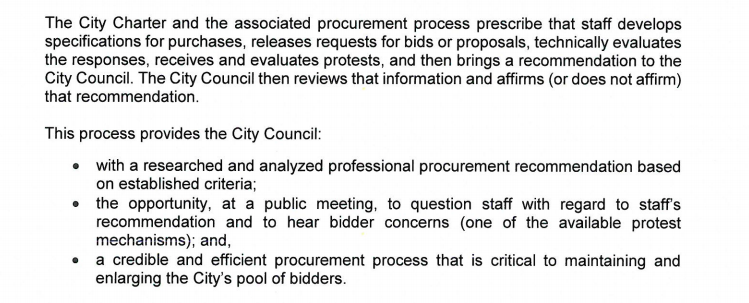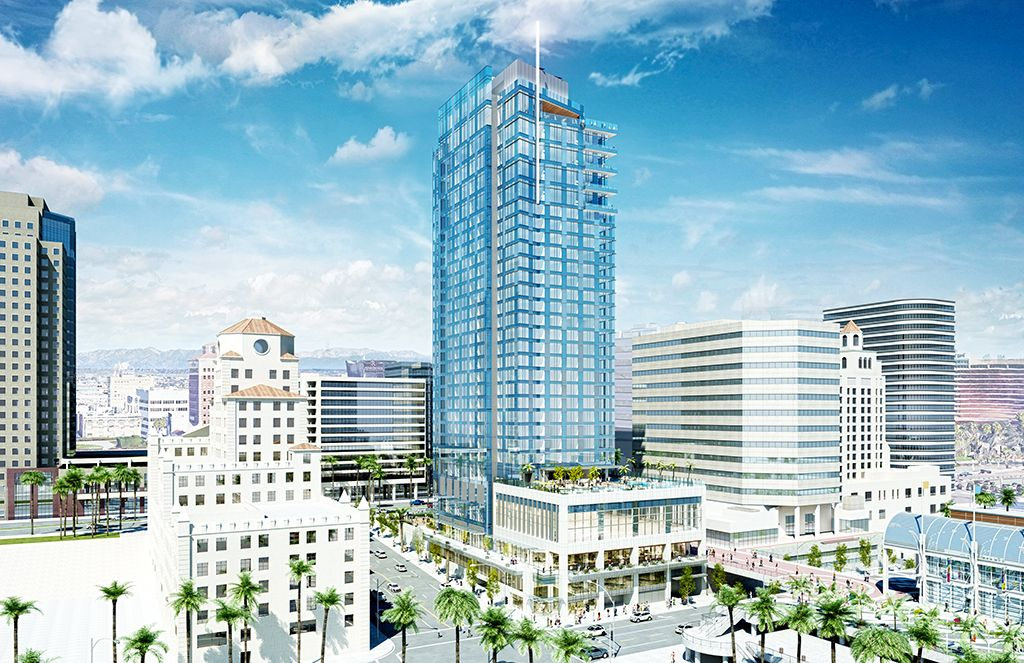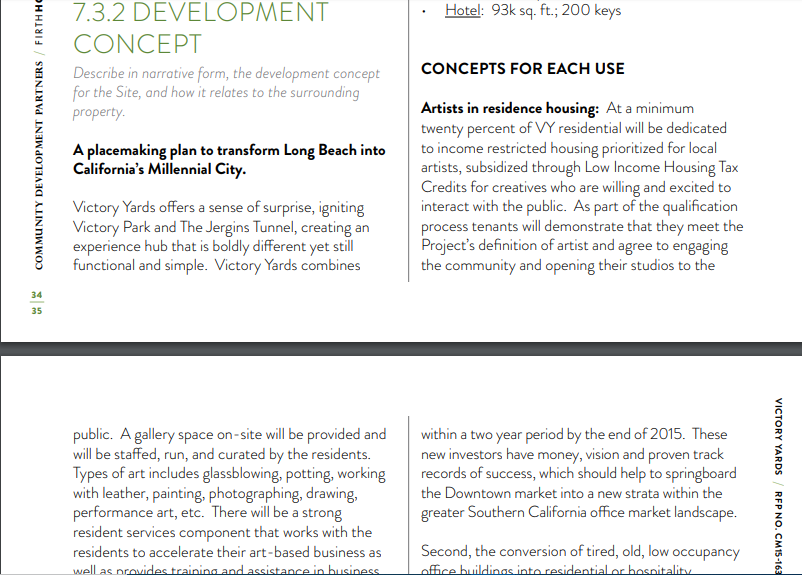There’s an interesting kernel in this essay worth exploring further: One of the five proposals for this former RDA land in downtown was submitted by an affordable housing developer, BRIDGE Housing, which ultimately lost out to the mostly market-rate project from Ratkovich et al. https://twitter.com/forthelbc/status/1285732452552638466">https://twitter.com/forthelbc...
What exactly did BRIDGE propose to build at the site? We’ll likely never know because the city told me BRIDGE’s bid went “missing” when I submitted a public records request for it back in 2017. Mind you, I was able to get the other four.
Some years later, BRIDGE did get approved by the city to build an 88-unit affordable housing development in Cambodia Town. While poking around, I asked them if they had been disappointed about not getting the downtown plot…
A BRIDGE executive’s very diplomatic answer: “If we’re going up against a market-rate developer, it’s really hard to be competitive. It just depends on what the city is looking for—are they looking for affordable housing or market-rate?” No surprises there.
With no affordable housing provisions coupled with the passage of the Downtown Plan in 2012, which as Andrew points out in his essay fast-tracked development, it& #39;s clear what kind of housing the city was looking to build in its walkable core.
But back to the Broadway Block… So who made the call to sell the city-owned land to a developer looking to build mostly luxury housing instead of the affordable housing nonprofit? Technically, the City Council. But...
Usually, by the time such land deals get to council, city staff has already *recommended* a winning proposal and the public is only privy to info about this one pre-selected project.
City staff in such cases = a panel of folks from the departments of Development Services and Economic Development, often in tandem with consultants.
This means that the day the council voted to sell the Broadway Block land to the recommended buyer, the public (and possibly even the councilmembers) had no idea that an affordable housing developer had been passed up.
City staff at the time said the winning proposal offered the most money for the land and that preference was given to the developer because Ratkovich et al. already controlled adjoining land (because the city had sold it to them previously).
The city says that its procurement process gives the City Council "the opportunity, at a public meeting, to question staff with regard to staff& #39;s recommendation and to hear bidder concerns." http://www.longbeach.gov/globalassets/city-manager/media-library/documents/memos-to-the-mayor-tabbed-file-list-folders/2015/september-15--2015---procurement-process-and-policy">https://www.longbeach.gov/globalass...
But when the council was approving the sale of former RDA land, there was hardly ever a mention about the alternative proposals. On July 12, 2016, when the council took the Broadway Block vote, the discussion mostly consisted of back-patting.
The CA Supreme Court actually weighed in on this in 2006, ruling that “public disclosure of such proposals properly may await conclusion of the agency’s negotiation process, occurring before the agency’s recommendation is finally approved by the awarding authority.”
Translation: Disclosure of bids while the city is still negotiating could weaken a city& #39;s bargaining position but there is a “legitimate and substantial” public interest in reviewing the city’s selection before it is finalized. https://scholar.google.com/scholar_case?case=7835889650209654793&hl=en&as_sdt=6&as_vis=1&oi=scholarr">https://scholar.google.com/scholar_c...
What do other cities do? Well here is what Alhambra’s City Council agenda showed just before a recent vote to sell city land to an affordable housing developer. It shows the name of all the firms that entered bids. That’s already more transparent than LB.
In 2017, when the City of Monrovia looked to finalize the sale of former RDA land, their City Council and the public was given a list of the four bidders, along with the corresponding offers, ranked by city staff: http://www.cityofmonrovia.org/Home/ShowDocument?id=8857">https://www.cityofmonrovia.org/Home/Show...
In fact, Monrovia has a whole site dedicated to RFPs and the bids received in response: https://www.cityofmonrovia.org/your-government/city-clerk-s-office/bids-rfps">https://www.cityofmonrovia.org/your-gove...
It shouldn’t take a public records request after the deal is sealed to get this info. Transparency about bids allows the public to scrutinize these decisions and ask more informed questions about what the city’s priorities and criteria are when selling off public assets.
As it turns out, the Broadway Block wasn’t the first time affordable housing in downtown was passed up without the public knowing post-Downtown Plan. The Jergins Trust Building lot on Ocean Blvd. was sold to American Life in 2016 so that they could build a 30-story luxury hotel.
City staff told the council at the time of the sale that the project provided the “highest investment value to the city” and the “highest amount of revenue in the long term.” The deal, which also involved a tax subsidy, was approved.
But one of the other bids submitted to the city by a consortium of Southern California developers envisioned a mixed-use building that was part hotel, part market-rate apartments, and part affordable housing.
The affordable housing component would have consisted of “28 local Long Beach artist-in-residence lofts ... dedicated to income-restricted housing prioritized for local artists, subsidized through Low-Income Housing Tax Credits.”
Noteable, is that this developer—called Community Development Partners—offered the city $12.9 million for the land, almost double the asking price of $7 million, what American Life, a billion dollar company, ended up buying it for.
Perhaps the city had good reasons for making their choices—after all there& #39;s a ton of factors involved—but b/c the public has such little insight into the process, how can they be confident picks aren& #39;t based on political favoritism/other criteria that doesn& #39;t serve the public?
The land deals for the Broadway Block and American Life hotel projects were approved in 2016. Four years later, neither has been constructed.

 Read on Twitter
Read on Twitter